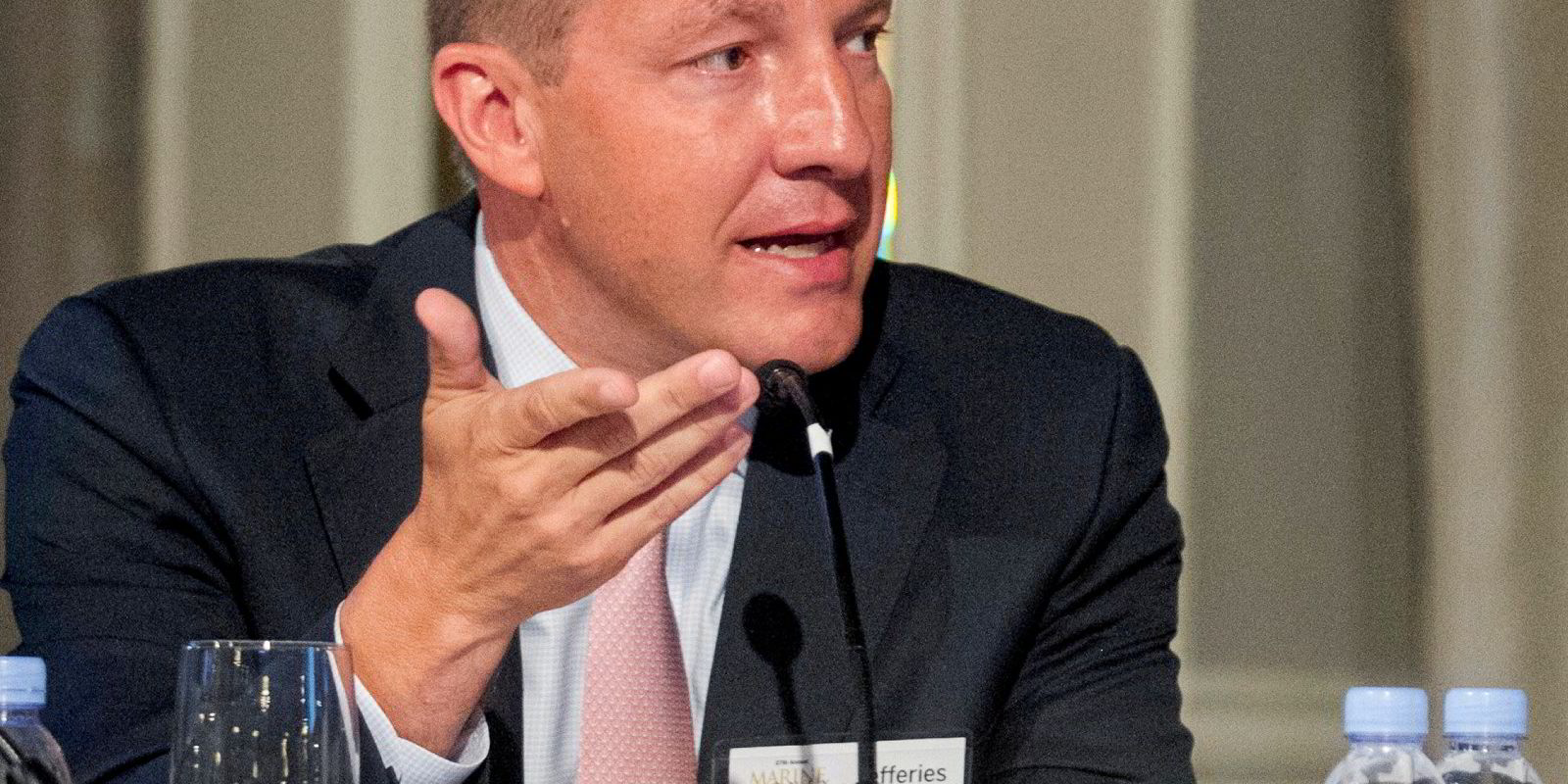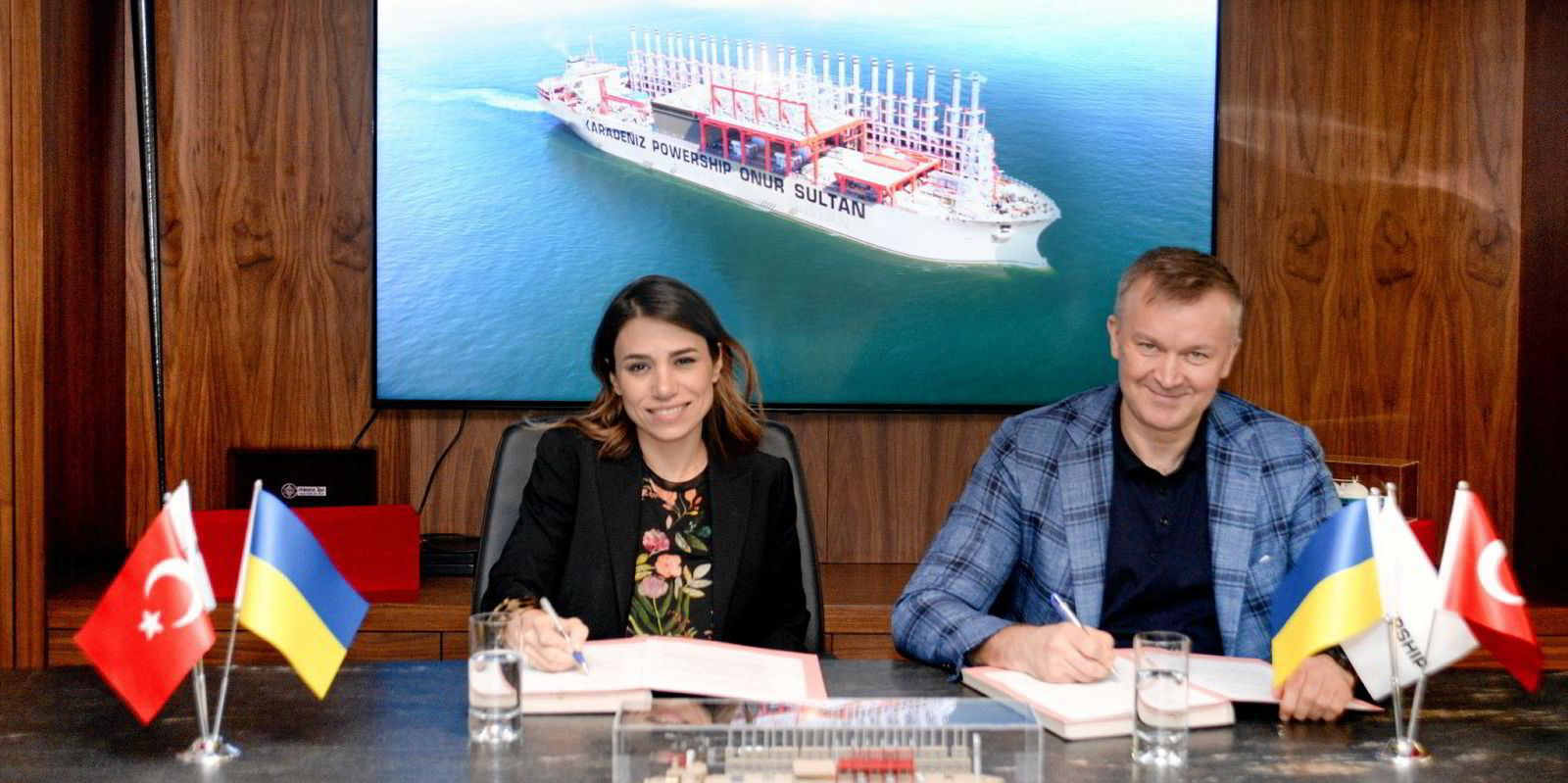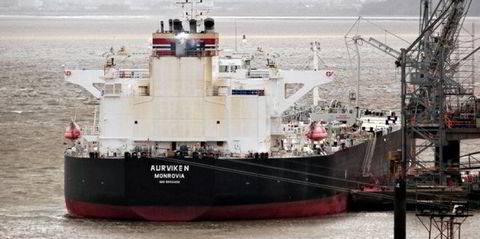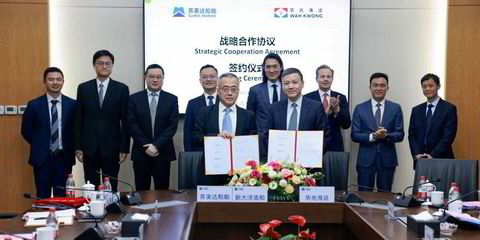Investors are gambling on a long-time economic boost for shipping following the change to trade flows sparked by Russia’s invasion of Ukraine.
The European Union has rethought its energy security policy and is cutting oil imports from Russia in favour of buying from further afield, in a boost to the tanker sector, the Marine Money Ship Finance Forum in London heard.
The EU is set to introduce its second wave of bans on Russian seaborne imports from 5 February for refined oil products, following a similar embargo on crude imports two months earlier.
Analysts say that will increase tonne-miles for product tankers and provide a long-term boost for the sector.
“Everyone’s talking about 5 February but even when that passes, the EU … is going to be less reliant on past sources of energy,” said Douglas Mavrinac, global head of maritime investment banking at Jefferies.
“This is potentially structural in terms of the demand uptick we have seen,” he said.
“All these things are very, very positive for shipping.”
The prospects have been recognised by investors who have been “putting a lot of money to work” across all sectors in shipping despite broader gloom over the state of the global economy, said Mavrinac.
Morten Mosegaard Christensen, the chief financial officer of Maersk Tankers and asset-owning arm Maersk Product Tankers, said that the war had driven up asset prices to an extent that the company was unlikely to rush to the newbuilding market.
The high returns were from existing fleets, so the company was looking to improve profitability by improving performance on emissions, he said.
“We’re going through all our assets on a one-by-one basis to see if retrofits could be appropriate in terms of energy-saving devices,” he told the conference.





